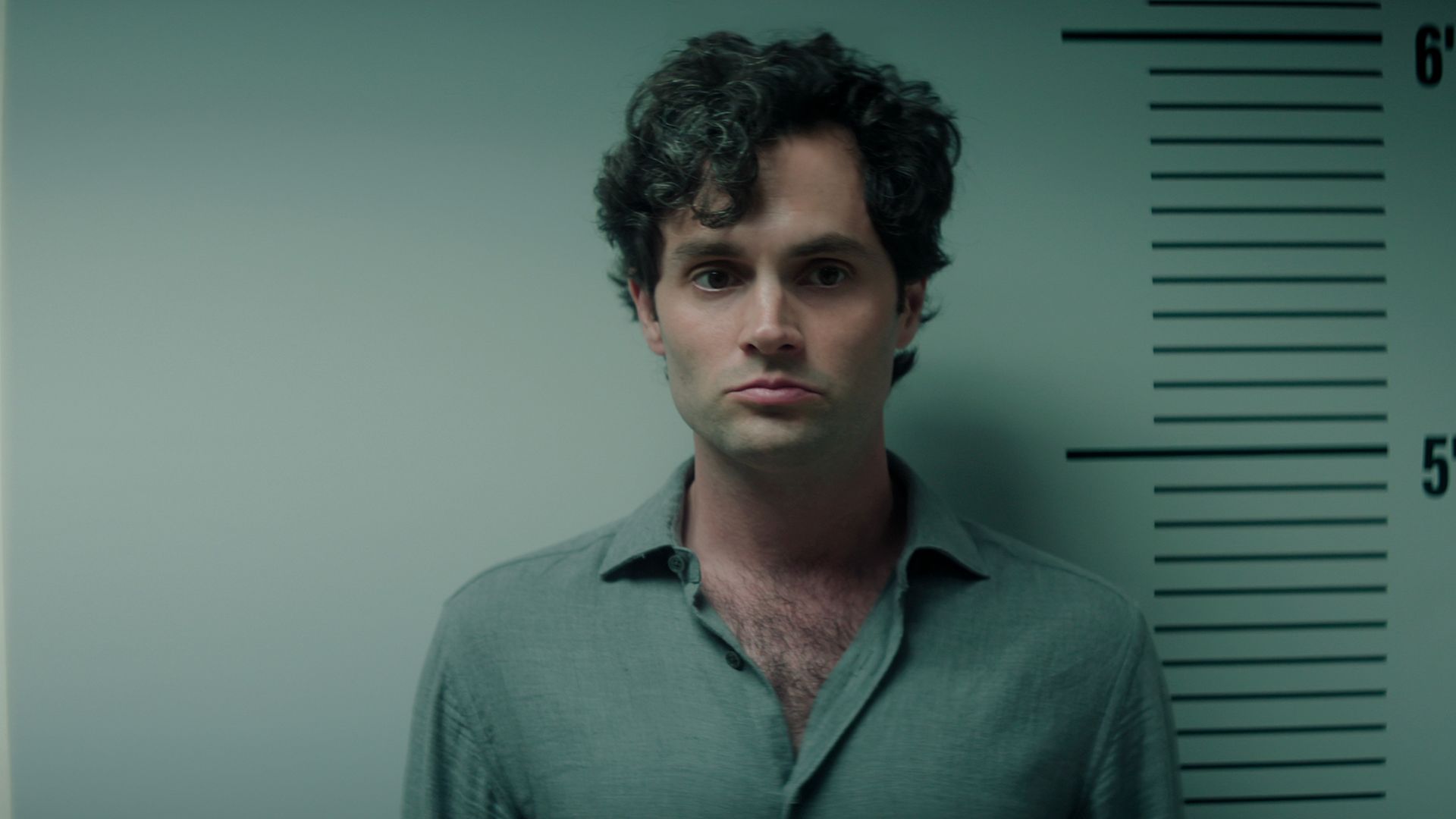
The finale of the show “You” has sparked mixed reactions among viewers. Some admire the conclusion for Joe Goldberg (Penn Badgley), the serial killer and stalker, while others are discontent with his defeat by a fresh character. Regardless, the narrative has reached its climax. In the final shot, Joe is seen engrossed in a book, a title that may hold more significance than viewers might initially perceive. Interpretations of this book’s meaning abound, and the reason it was selected for Joe’s solitary reading material is intriguing. What he says following the closure of the book also carries significant weight.
‘The Executioner’s Song’ Is About a Killer Who Gets the Death Penalty
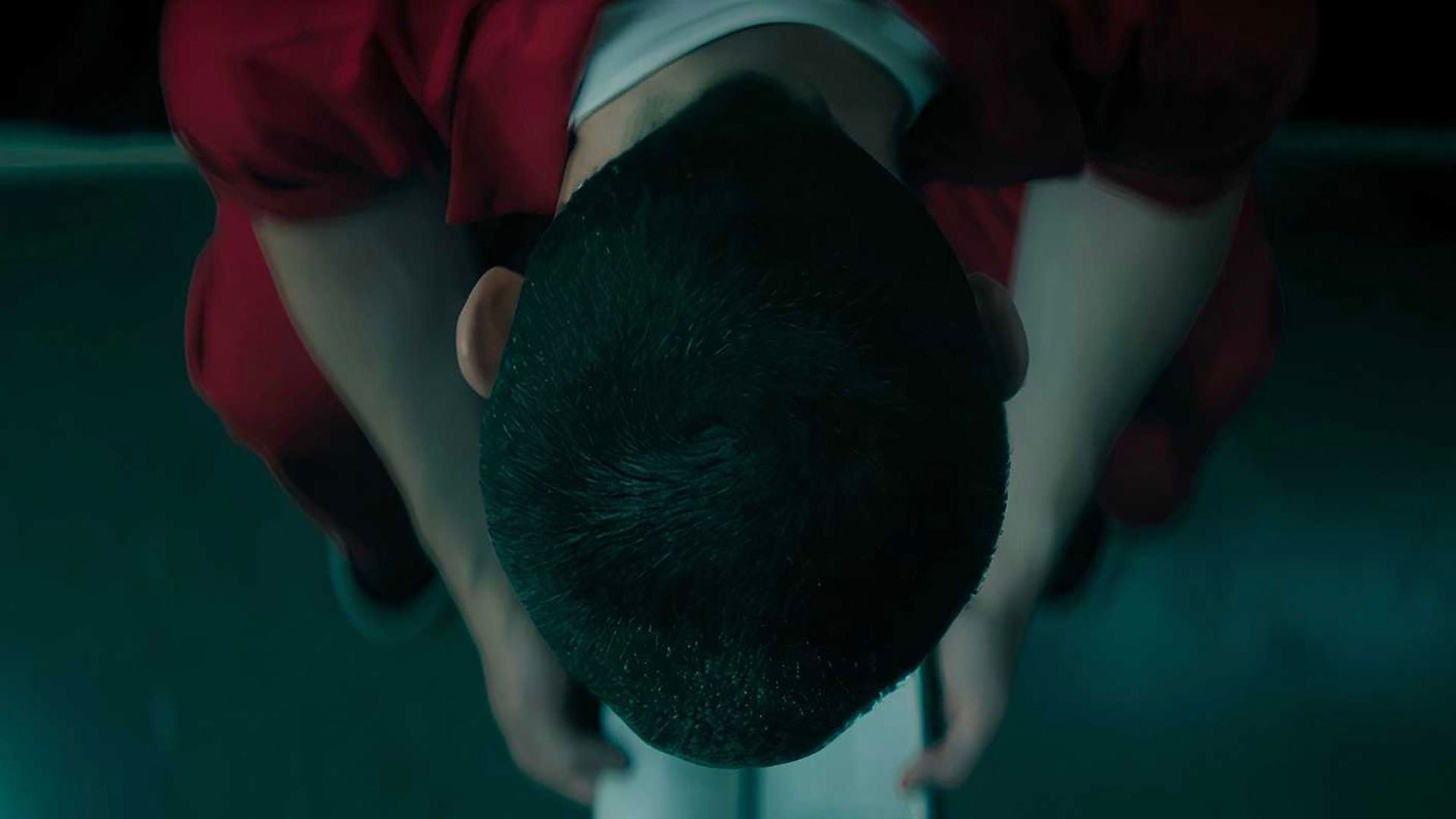
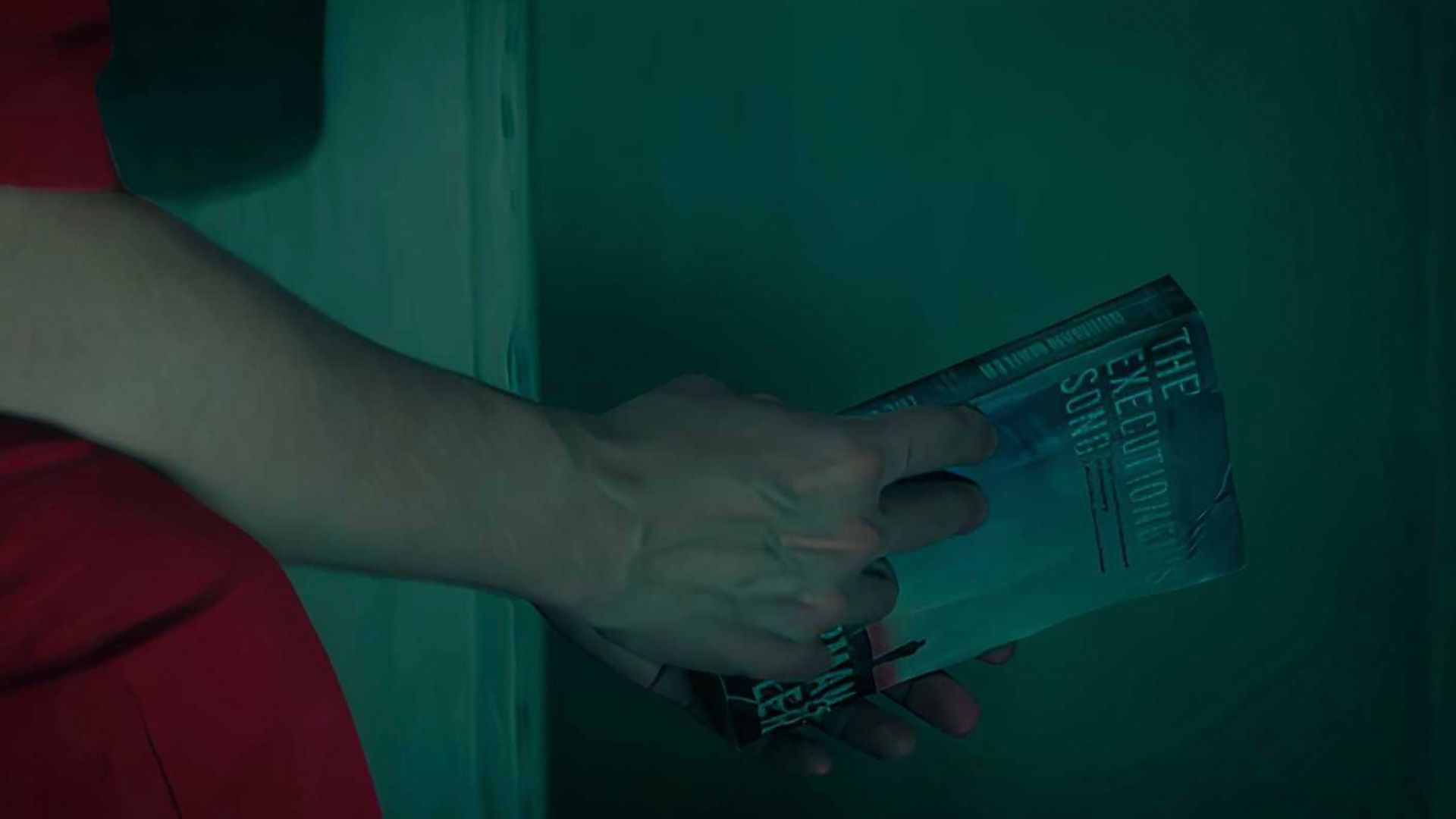
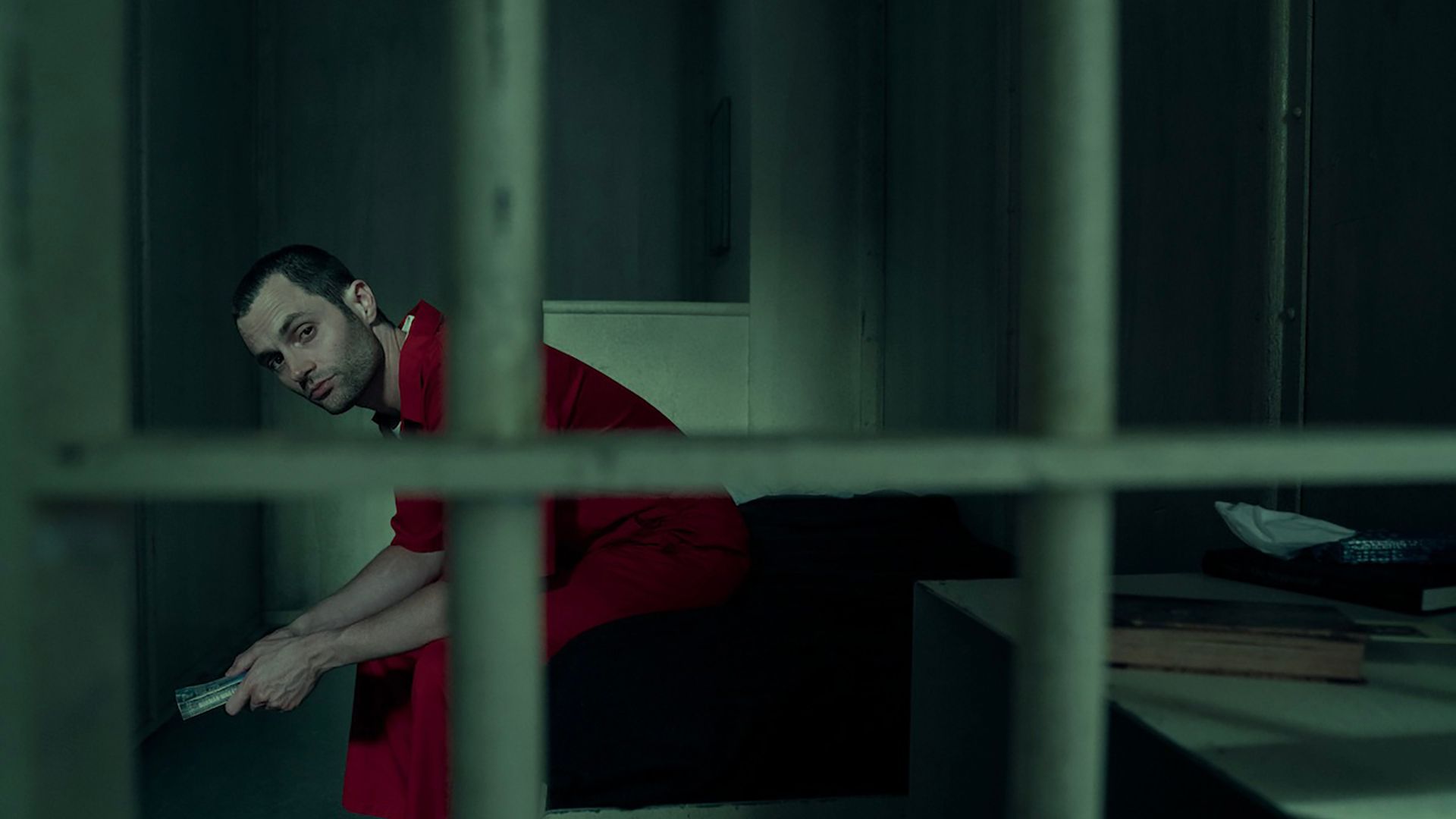

In Season 5, it’s clear that Joe was apprehended due to the efforts of Bronte/Louise (Madeline Brewer). The court found him guilty on numerous murder charges based on strong evidence, and he was sentenced to a lengthy prison term. This meant he would be incarcerated for an extended period.
In the closing scene, Joe can be found occupying his jail cell, engrossed in “The Executioner’s Song,” a book authored by Norman Mailer. This Pulitzer Prize-winning true crime novel, initially published in 1979, chronicles the life of Gary Gilmore, an infamous murderer. Although he didn’t have multiple victims like Joe, having taken only two lives, his story became notorious for a different reason. He was the first person in nearly a decade to be executed in the U.S. for committing such crimes.
In the U.S., the Supreme Court had reinstated the death penalty, overruling earlier laws that considered it an unconstitutional form of cruel and unusual punishment. Many death sentences were commuted to life imprisonment upon appeal. However, when Gilmore’s execution was temporarily halted so he could appeal, he refused this reprieve. Instead, he insisted on receiving the death sentence. He yearned for death. Eventually, he was executed by a firing squad, marking the first use of capital punishment since its reinstatement. His execution ignited a significant national debate on capital punishment.
What This Means for Joe
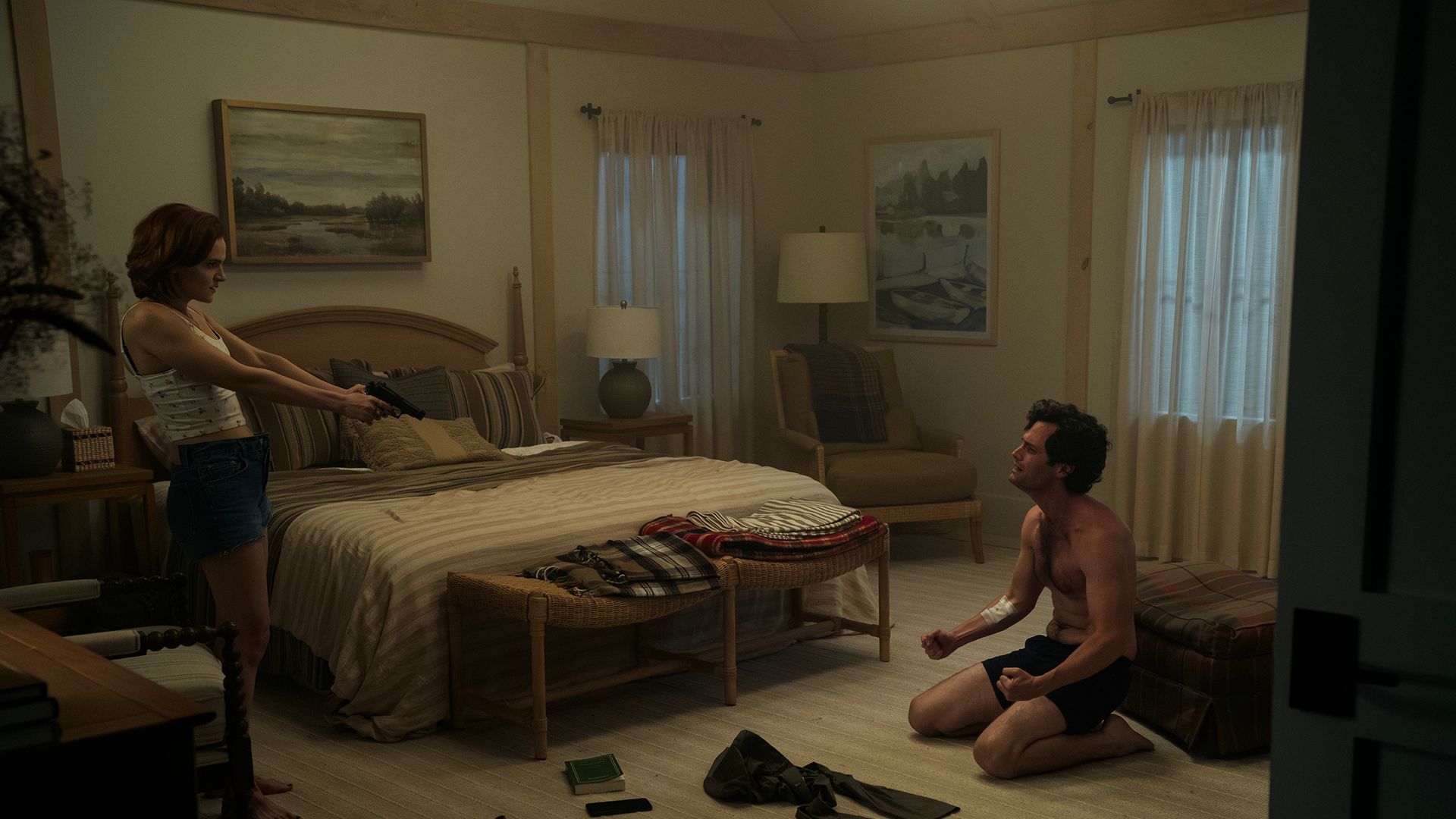
As I delve into Joe’s choice of bedtime reading, it becomes captivating because at the same time, his mind echoes thoughts comparing his predicament to Gilmore’s. In his words, he describes his incarceration as a fate more dreadful than death itself. He finds himself confined within four walls, devoid of anyone to occupy his thoughts or return his affection. What torments him most, perhaps, is the absence of someone to love him back. For Joe, who has always been on the hunt for companionship, finding solace in another, this imprisonment feels like the cruellest sentence one could receive. Now, he must confront and endure his loneliness instead of finding escape through death.
Indeed, in such a situation, I find myself understanding why Joe implores Bronte to take his life rather than let him fall into the hands of the law. He’s well aware that if apprehended by the police, his fate would be far from ideal, given New York’s current lack of capital punishment. The harshest sentence he could face would be a lifetime of solitude, a prospect that undoubtedly fills him with dread.
“Bronte understands this as well, which is why she doesn’t lethally harm him. Instead, she says, ‘You’re going to live out the rest of your life alone.’ She acknowledges that it must be terrifying for him.”
Joe seems unwilling to accept the impending trial and the exposure of his criminal acts. It can be simpler to flee, conceal oneself, and start anew. However, it is not as straightforward to confront the atrocities you once swore were essential to perform. Gilmore might have felt the same, desiring capital punishment as a means to avoid the daily reminder of his crimes.
On the other hand, Gilmore appears to have acknowledged his wrongdoings and accepted his true nature towards the end, whereas Joe, on the other hand, seems unwilling or unrepentant about accepting who he is, specifically refusing to take responsibility for being a cold-blooded murderer. In summary, as we follow Joe’s story and reflect on his final outcome, it becomes evident that he remains in denial concerning his role as a ruthless killer.
Joe Still Doesn’t Take Accountability For His Actions
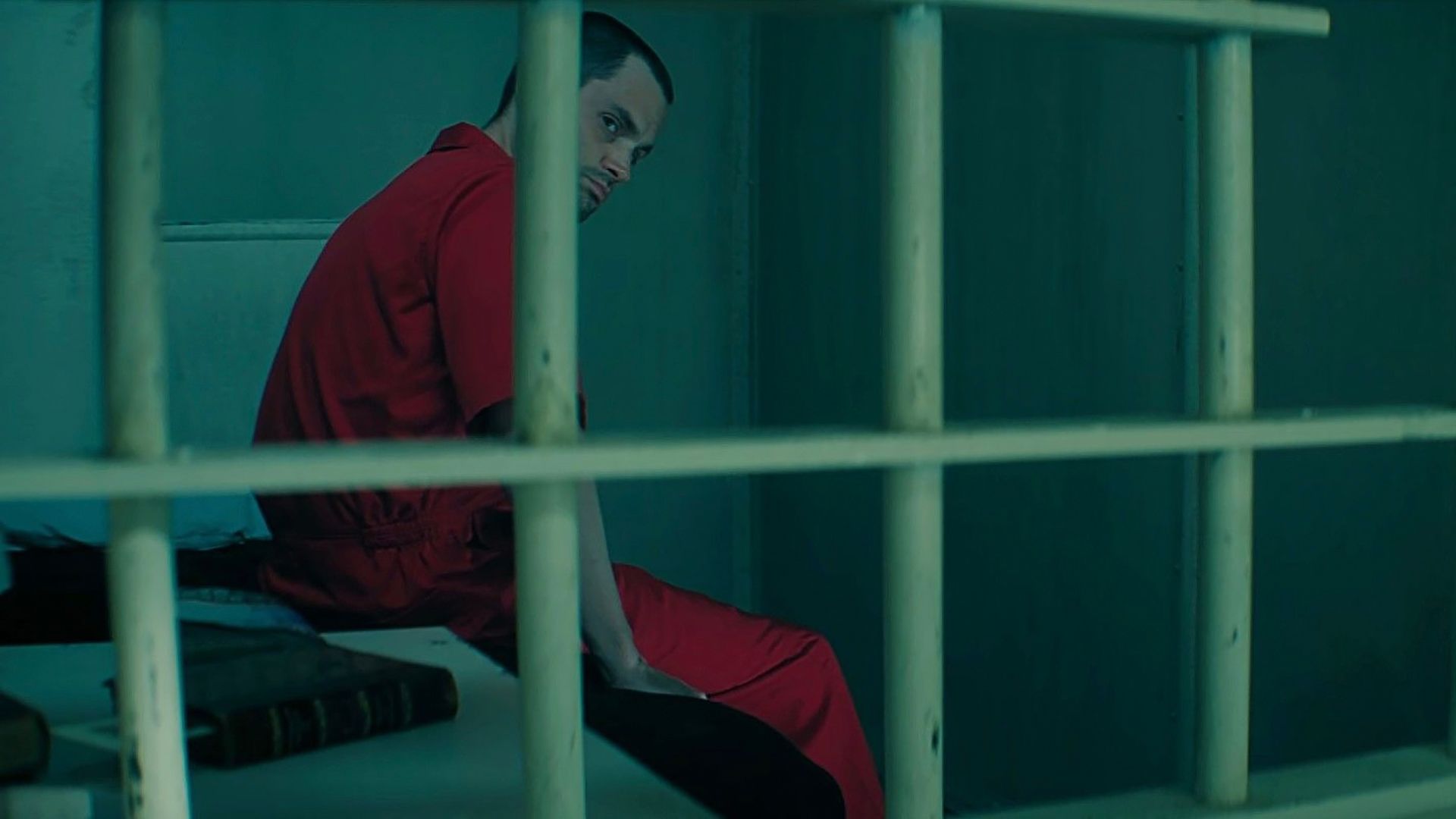
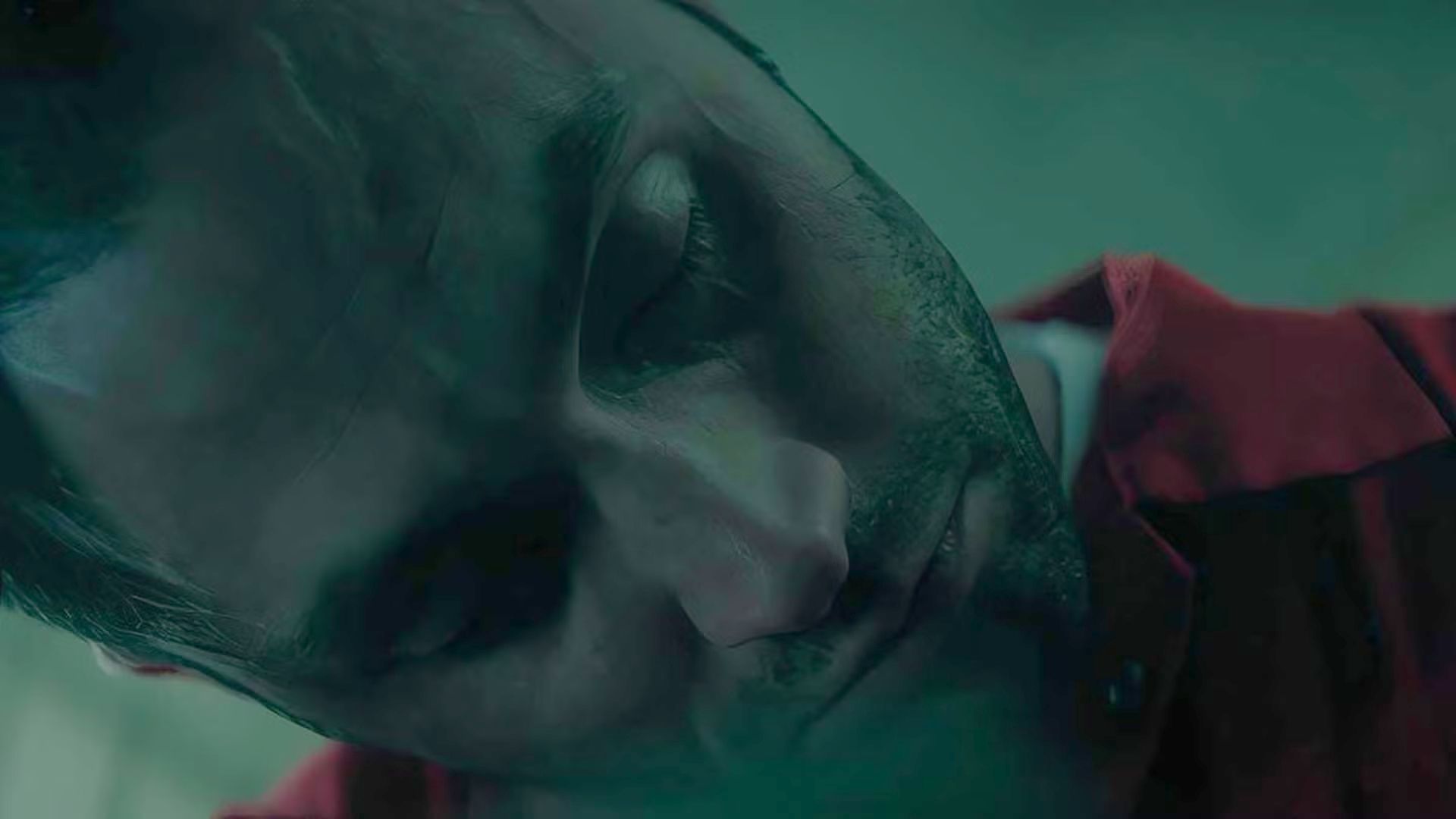
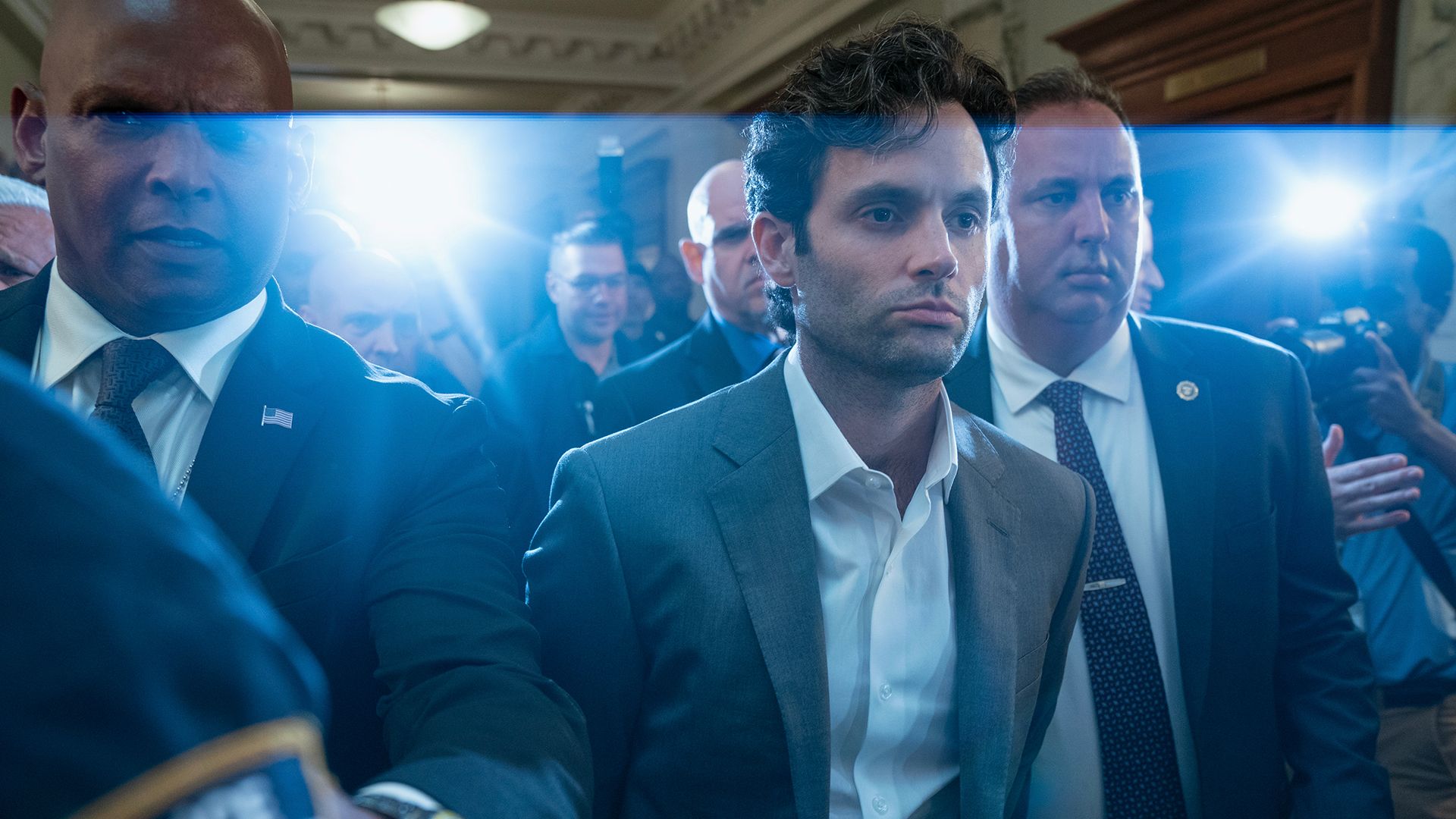
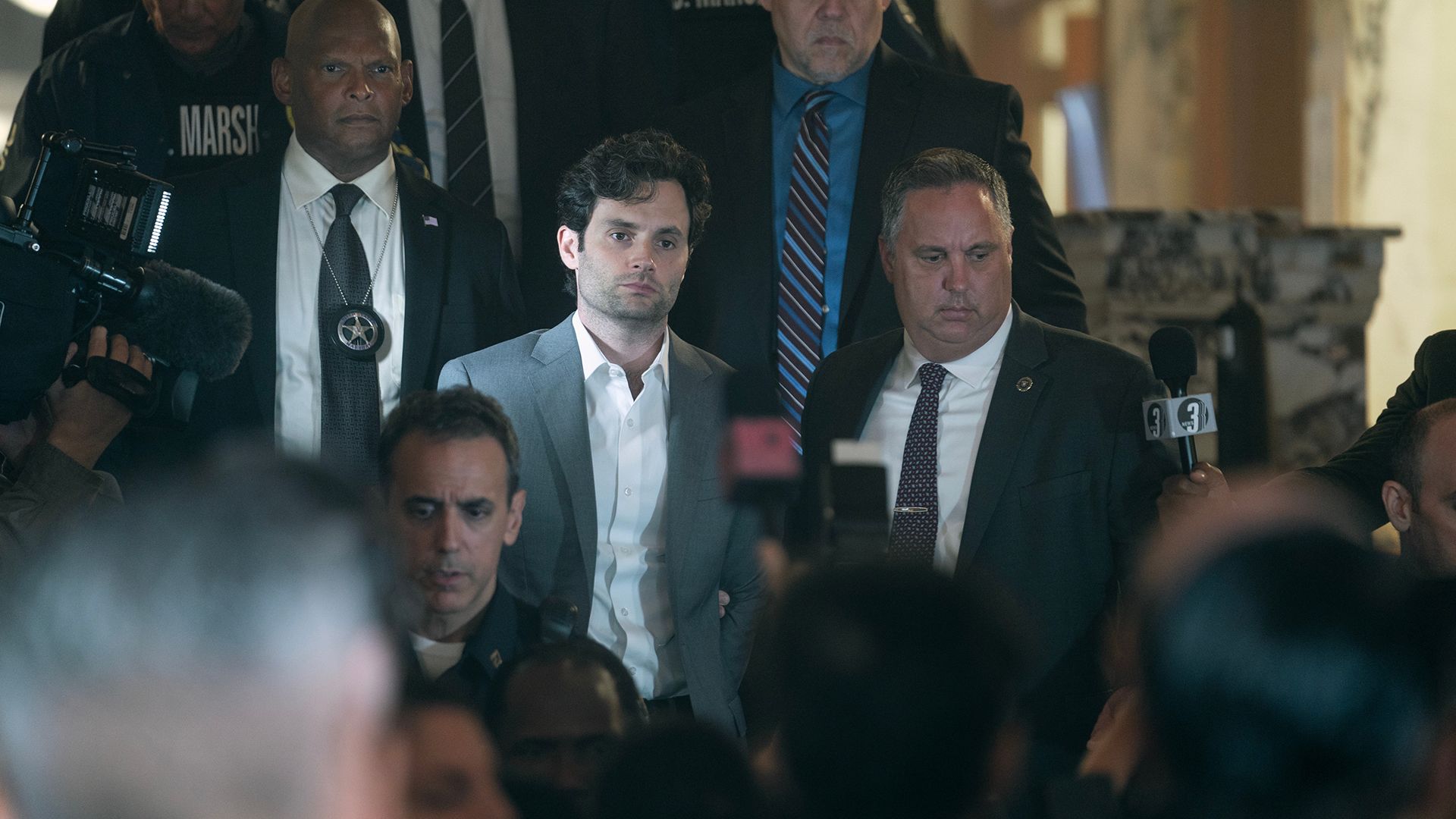
At last, Joe acknowledges his role as a murderer, but refuses to accept responsibility for his actions. Instead, his internal dialogue questions the fairness of assigning all the blame to him. “Isn’t everyone just shaped by their surroundings?” he ponders, shifting the fault to circumstances rather than himself. He echoes a common saying, “Hurt people hurt people,” which might mirror how he perceived Gilmore’s predicament. “I had no chance,” he laments again, attempting to divert blame once more.
As another letter is slipped under Joe’s cell by a prison guard, this one from yet another deranged fan, she details her twisted desires for Joe. Accusing society of being at fault, she implies that perhaps the issue doesn’t lie with him, but rather with those around him: “Perhaps there’s something wrong with us. Perhaps we should focus on fixing ourselves instead?
Through this book, Joe imagines how different his life could have been if he had been executed, viewing it as a means of escape or liberation from the constraints imposed upon him by society. However, instead, he finds himself enduring a life that seems more harsh than death itself.
If Joe had received the same punishment as Gilmore – capital punishment – it’s probable that he would have fought to uphold it rather than seeking a reduction to life imprisonment. Interestingly, for a man like Joe, who once imprisoned women, he will ultimately meet his end within a similar confinement. Unlike Gilmore, who faced a swift execution to escape his ordeal, Joe’s agonizing wait will persist for an extended period. His tale is not one of execution, but rather of prolonged solitude and despair.
Stream You on Netflix.
Read More
- Clash Royale Best Boss Bandit Champion decks
- Clash Royale December 2025: Events, Challenges, Tournaments, and Rewards
- Clash Royale Witch Evolution best decks guide
- Mobile Legends December 2025 Leaks: Upcoming new skins, heroes, events and more
- Clash Royale Furnace Evolution best decks guide
- Ireland, Spain and more countries withdraw from Eurovision Song Contest 2026
- Mobile Legends X SpongeBob Collab Skins: All MLBB skins, prices and availability
- Football Manager 26 marks a historic FIFA partnership ahead of its November launch
- The Most Underrated ’90s Game Has the Best Gameplay in Video Game History
- JoJo’s Bizarre Adventure: Ora Ora Overdrive unites iconic characters in a sim RPG, launching on mobile this fall
2025-05-04 04:02